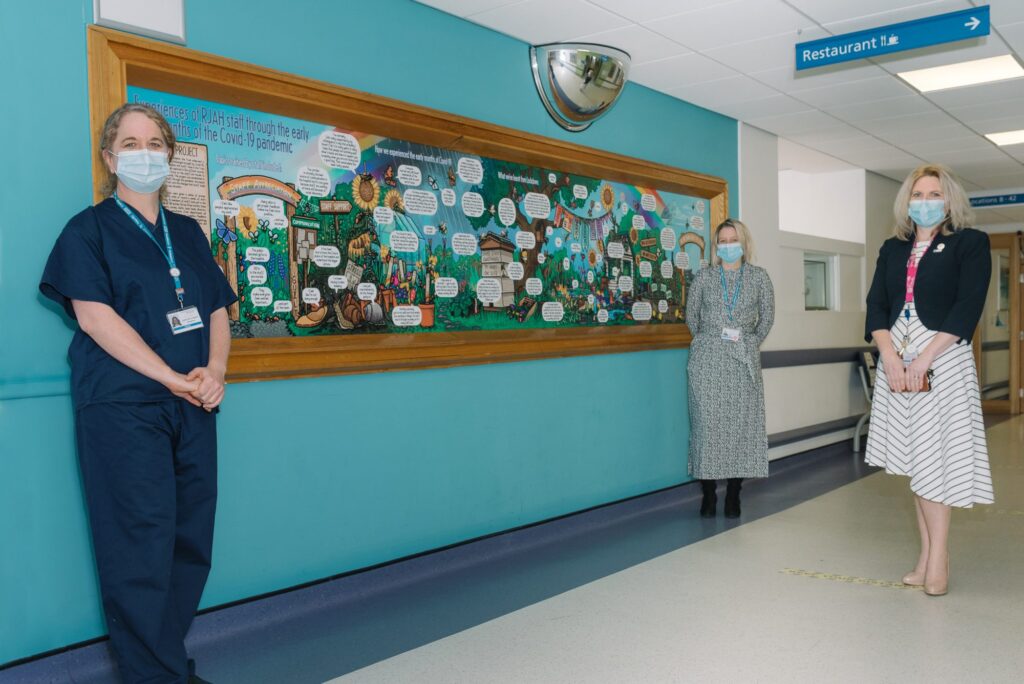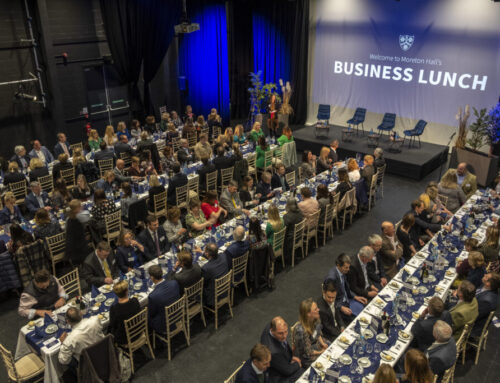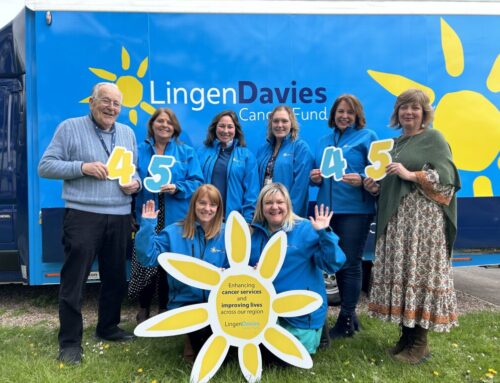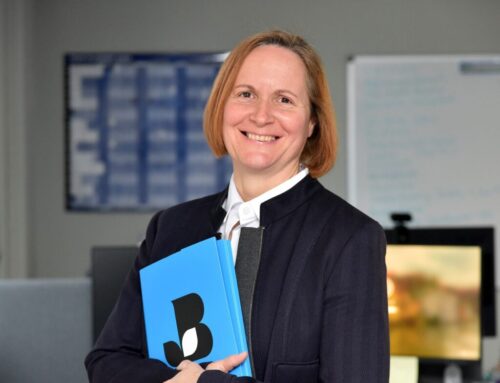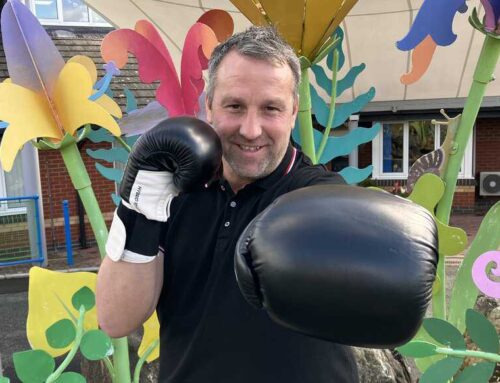A research study, which looked at the impact the earlier stages of the covid pandemic had on hospital workers, has been turned into a stunning piece of artwork for all to enjoy and take learning from.
Participants of the study were staff members who work at The Robert Jones and Agnes Hunt Orthopaedic Hospital in a variety of roles, including Doctors, Consultants, Nurses, Clerks, Admin staff, Managers and Team Leads.
Over the course of three weeks, the staff members, who put themselves forward to be involved in the study, were given a number of prompt questions and were asked to write or record a series of short reflections about their day.
These diary entries were submitted to the study research team, who analysed the discussion points and connected common elements across the collection of submissions, using a process called thematic analysis. These findings were subsequently used to produce a report about these staff members’ experiences during the early stages of the pandemic and used to create the mural.
This mural has been unveiled on the main corridor of the hospital, in the position previously occupied by a giant fish tank that was a favourite of patients but which had become degraded beyond repair.
The study research team consisted of Caroline Stewart, Senior Bioengineer and Orthotic Research & Locomotor Assessment Unit (ORLAU) Manager at RJAH; Alice Faux-Nightingale, Keele University student and Researcher; and Professor Mihaela Kelemen, Chair in Business and Society at Nottingham University Business School, based at University of Nottingham.
John Swogger, an Oswestry-based illustrator, helped to bring the findings to life with his eye-catching and colourful artwork.
Caroline says it’s been a “fascinating and rewarding project” to be a part of.
She said: “Despite the project coming about due to the pandemic, it’s actually been uplifting to be a part of. Working alongside a brilliant team and analysing the experiences of NHS colleagues has been truly fascinating and for this to now take the form of a piece of art is just wonderful. What a way to capture the staff voice.
“What’s also pleasing is this study is now going to be published as an academic paper, which is extremely gratifying, particularly as we, working on the project, felt that there was a great deal of learning to be taken from this piece of work.
“Our key takeaways were discovering what led staff members to feel stressed and anxious but subsequently, how they coped with those issues. That will hopefully help everyone in the long-term.
“I would like to take this opportunity to thank all of the staff members, who put themselves forward to be involved in this study. Thanks must also go to Alice, Mihaela and John, who have worked tirelessly on this.
“It wouldn’t be right not to also thank RJAH’s wonderfully supportive League of Friends, who kindly funded the illustrations provided by John, as well as arranged and funded the print and installation of the mural.
“A big thank you must also go to Kerry Robinson, the Trust’s Chief Performance, Improvement and Organisational Development Officer, for her unwavering support and encouragement throughout the duration of this project. It’s been a real team effort and a privilege to be involved in.”
Pictured: From left, Caroline Stewart, Senior Bioengineer and Orthotic Research & Locomotor Assessment Unit (ORLAU) Manager; Kerry Robinson, Chief Performance, Improvement and Organisational Development Officer; and front, Victoria Sugden, League of Friends Charity Director.


